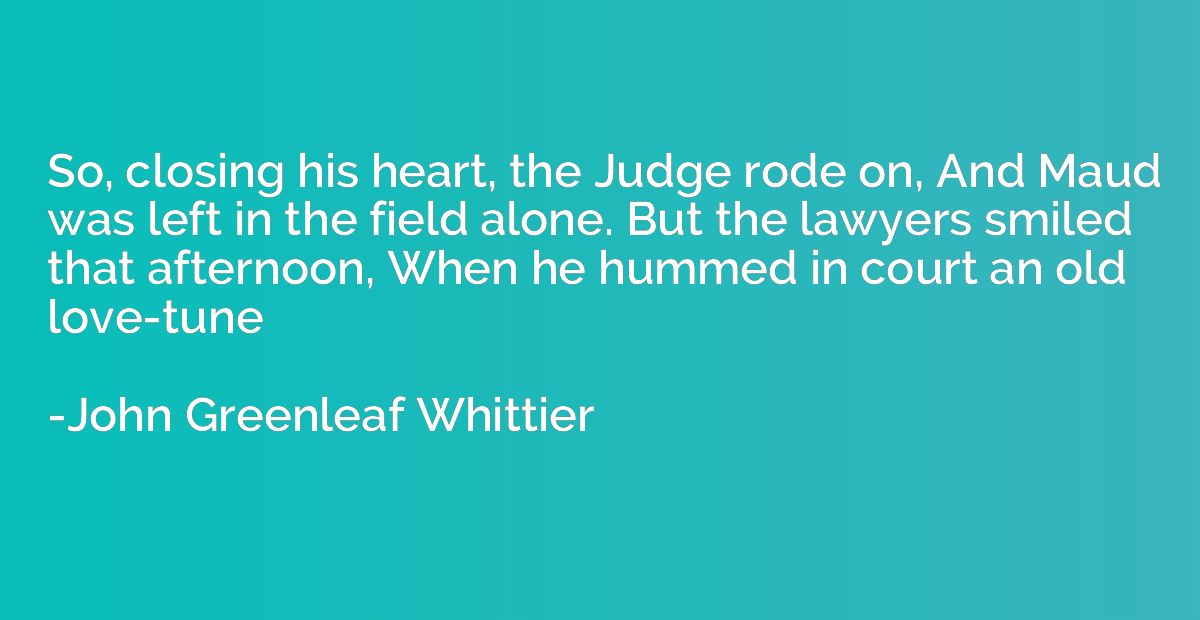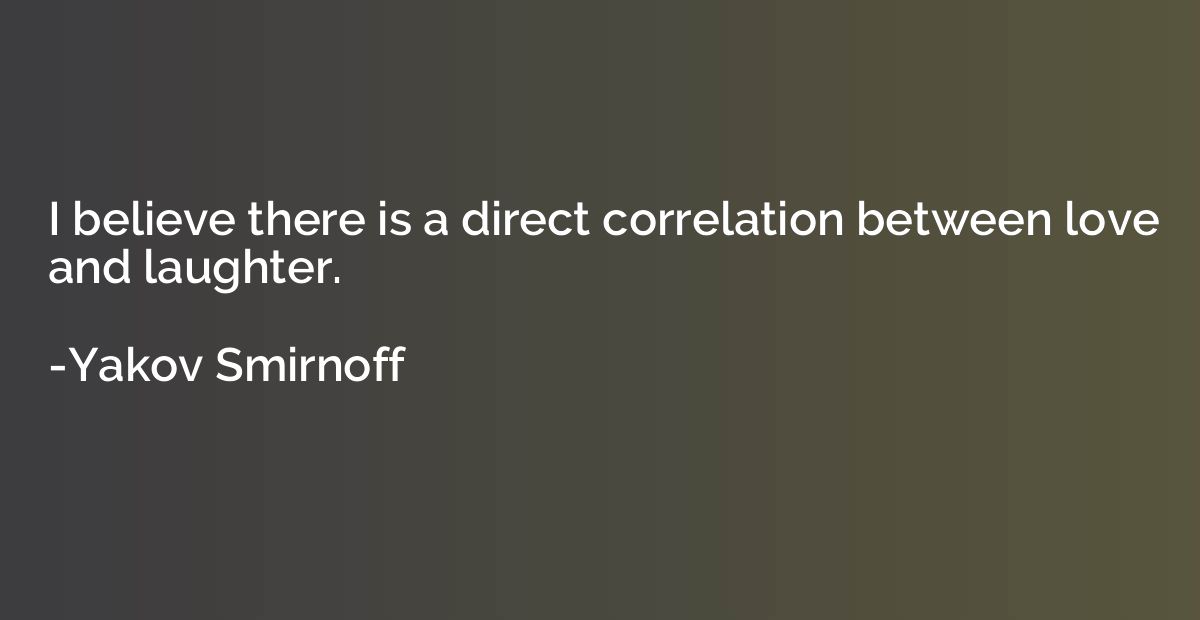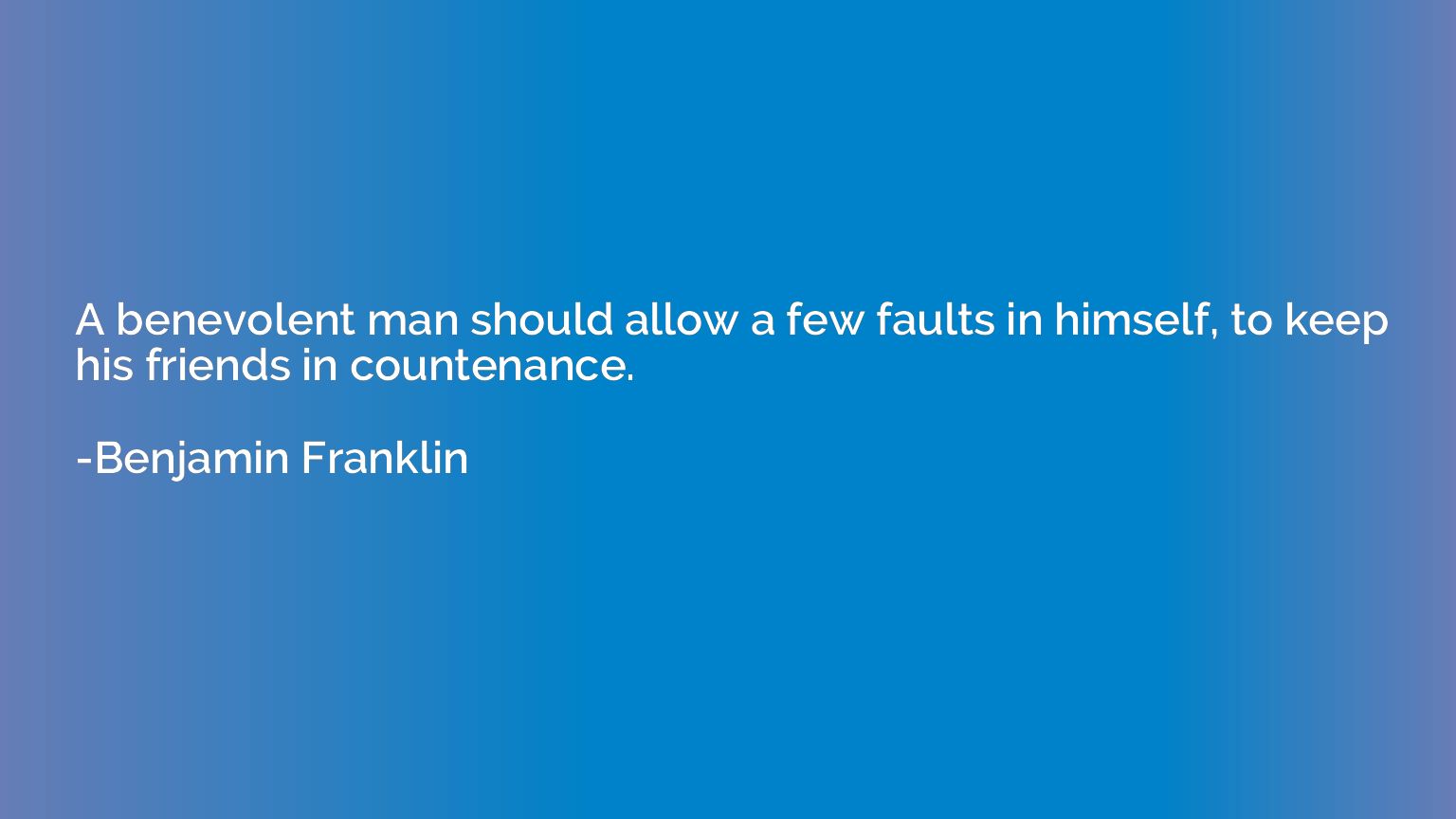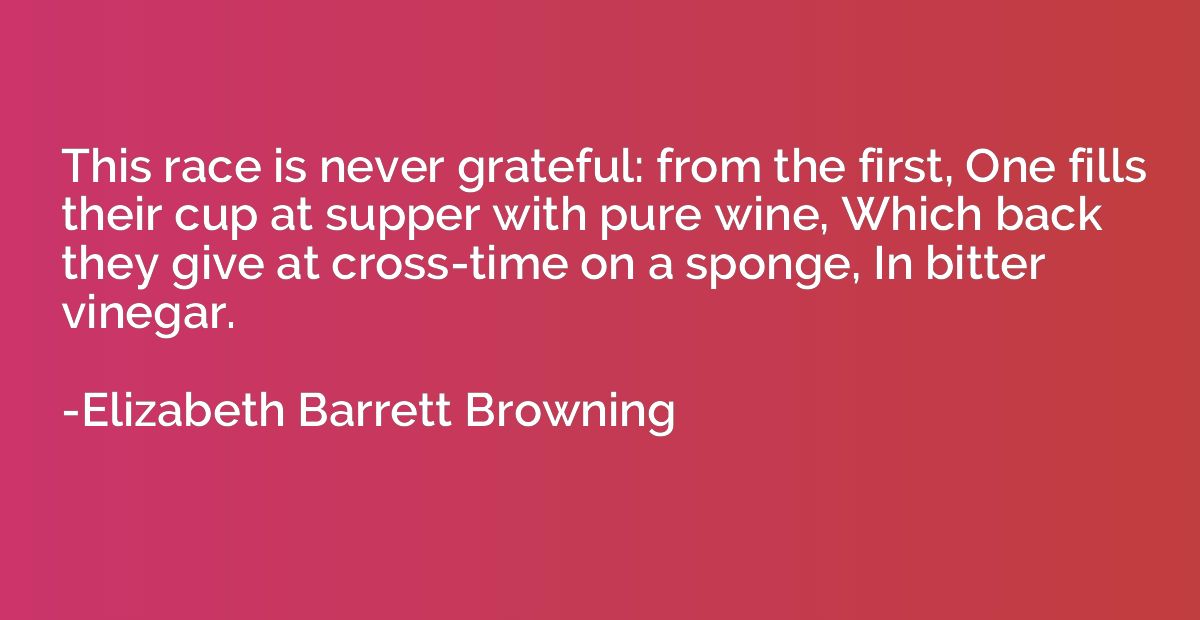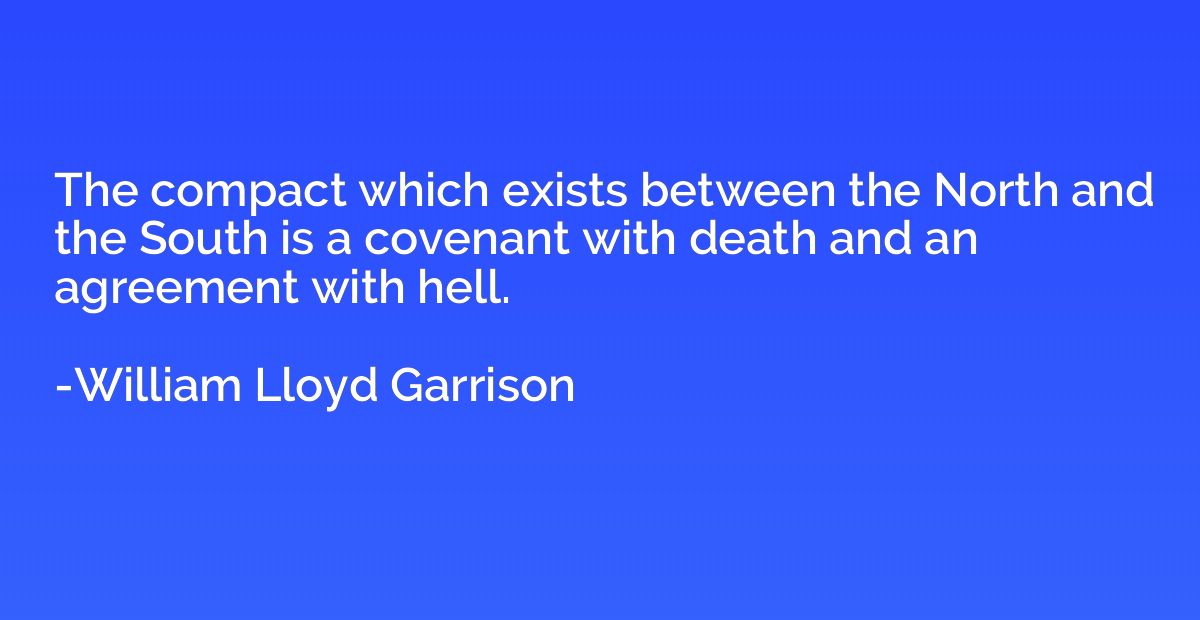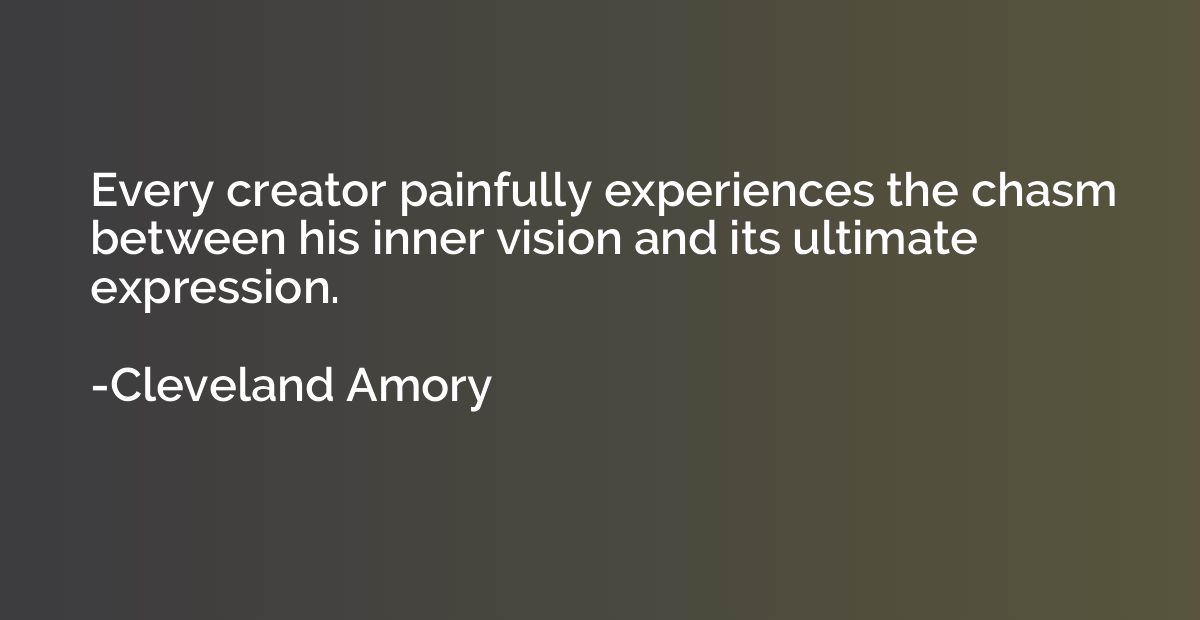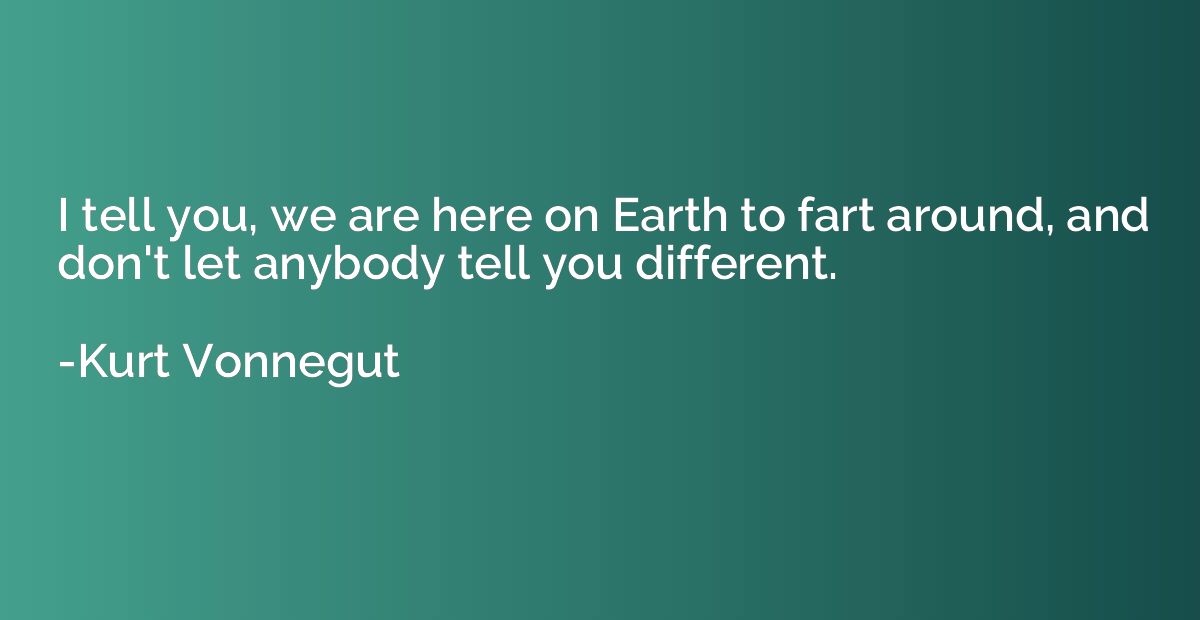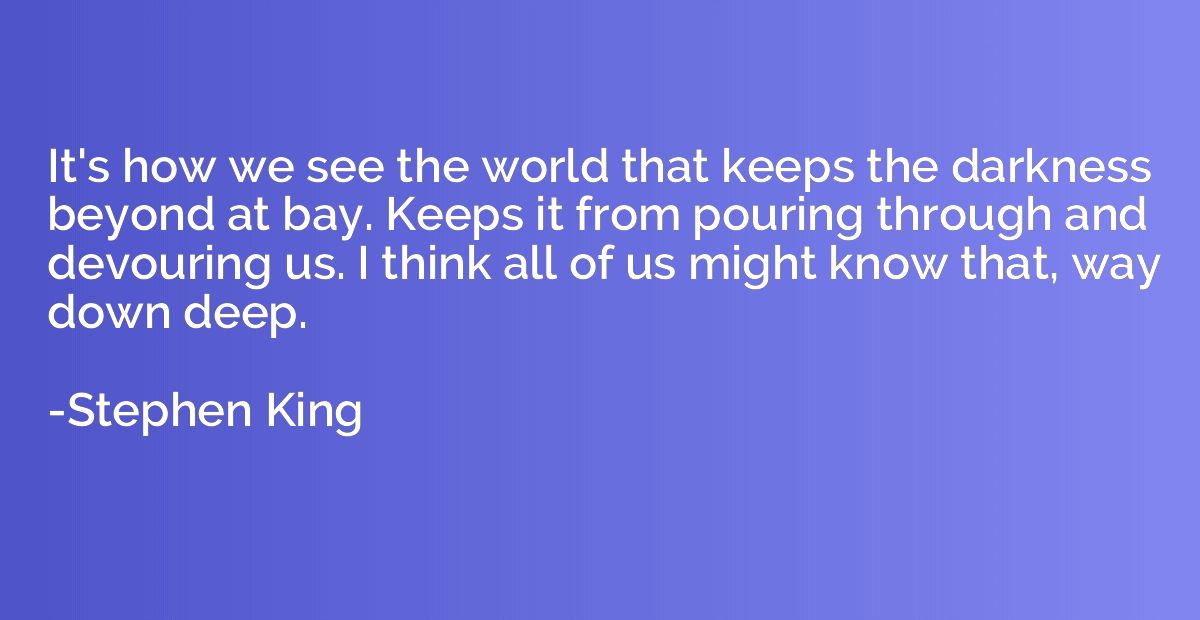Quote by Gautama Buddha
Conquer anger by love, evil by good; conquer the miser with liberality, and the liar with truth.

Summary
This quote emphasizes the power of opposite virtues in overcoming negative behaviors. It suggests that anger can be diffused through the emotion of love, evil can be defeated by acts of goodness, a miser can be changed through acts of generosity, and a liar can be countered with truthfulness. It highlights the importance of using positive actions to counteract negative qualities, ultimately advocating for the transformative and healing potential of virtuous behaviors in addressing various vices.



